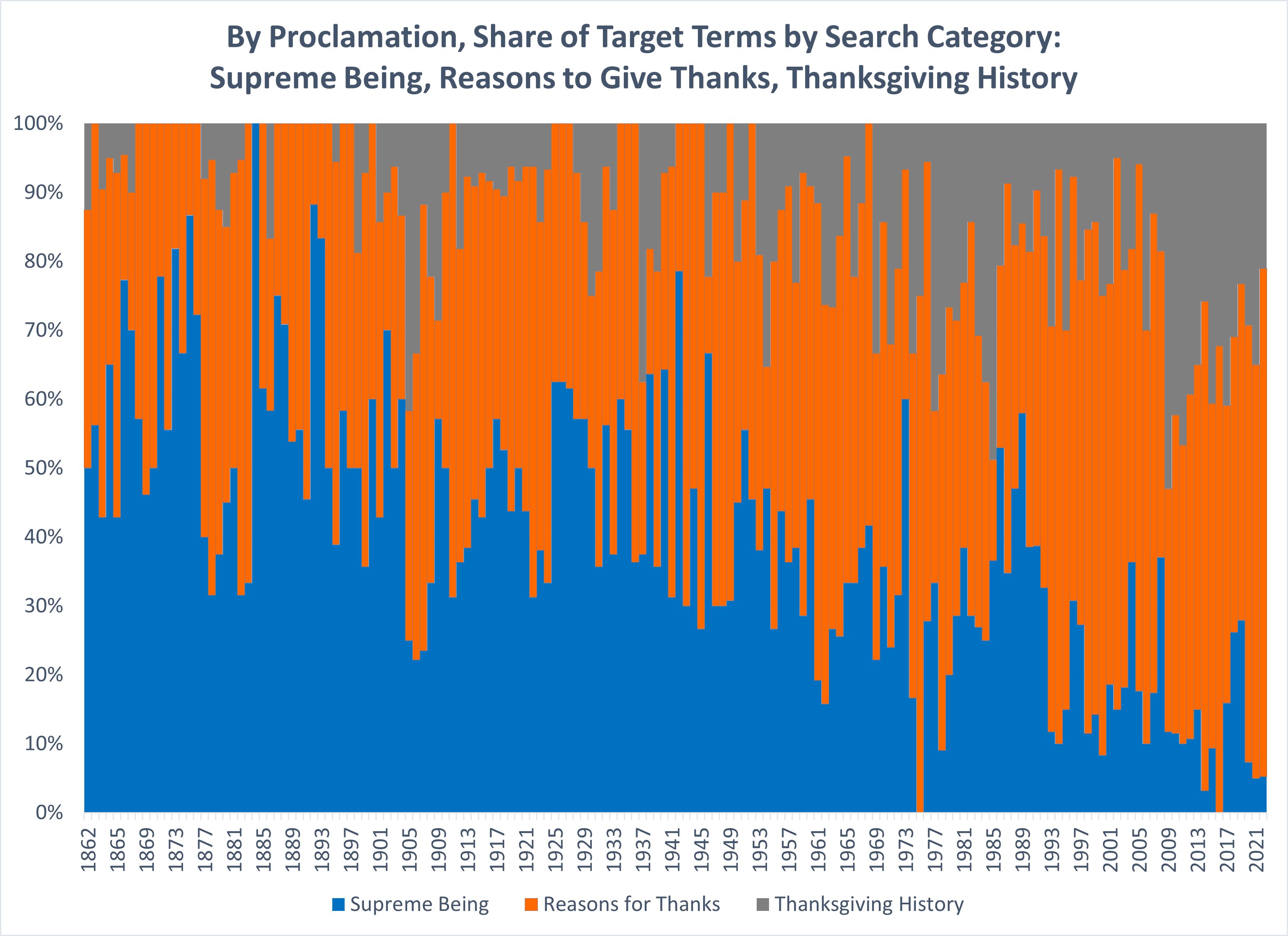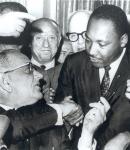In Backlash Presidents (Princeton 2025), Julia Azari traces the connection between racially transformative presidents and their successors.
The American Presidency Project
Non-profit and non-partisan, the APP is devoted to the idea of Constitutional government. We are the source of presidential documents on the internet. We are hosted at the University of California, Santa Barbara.
177,084 Presidential and Non-Presidential Records
177,084 Presidential and Non-Presidential Records
Simple Search of Our Archives
Today in History
To the House of Representatives of the United States:
In compliance with a resolution of the House of Representatives of the 12th instant, requesting information of the measures taken to carry into effect the act of Congress of 3d March, 1825, directing a road to be made from Little Rock to Cantonment Gibson, in the Territory of Arkansas, I transmit a report from the Se...
The American Presidency Project is the only free online searchable database including all of:
-
The Messages and Papers of the Presidents: 1789-1929
-
The Public Papers of the Presidents: since 1929
-
The Weekly Compilation of Presidential Documents: 1977-2009
-
The Daily Compilation of Presidential Documents: post-2009
Our archives also contain data related to First Ladies, Midterm Elections, U.S. Party Platforms, Statements of Administration Policy, White House Press Briefing Transcripts, Presidential Debate transcripts. Visit our Documents and Statistics to learn more.
Fine Work! And Relies on the APP!

Statistics
Three questions for any Presidential Thanksgiving Proclamation:
- Does it refer to God or a Supreme Being? 2. Does it recount Thanksgiving history? Include American Indians? 3. What reasons are given for giving thanks?
Presidency in the Constitution
"Before he enter on the Execution of his office, he shall take the following Oath or Affirmation: I do solemnly swear (or affirm) that I will faithfully execute the Office of the President of the United States, and will to the best of my Ability, preserve, protect and defend the Constitution of the United States." (US Constitution, Article II, Section 1)
"He . . .by and with the Advice and Consent of the Senate, shall appoint Ambassadors, other public Ministers and Consuls, Judges of the supreme Court, and all other Officers of the United States, whose Appointments are not herein otherwise provided for, and which shall be established by Law. . . (U.S. Constitution, Article II, Section 2)
"He shall from time to time give to Congress Information of the State of the Union. . .he shall take Care that the Laws be faithfully executed and shall Commission all the Officers of the United States." (U.S. Constitution, Article II, Section 3)
Analyses
Starting in the late 20th Century, Presidents consistently emphasize recognition of a wide variety of cultural groups.
Presidents have been central in establishing and modifying our practices for Memorial Day.



